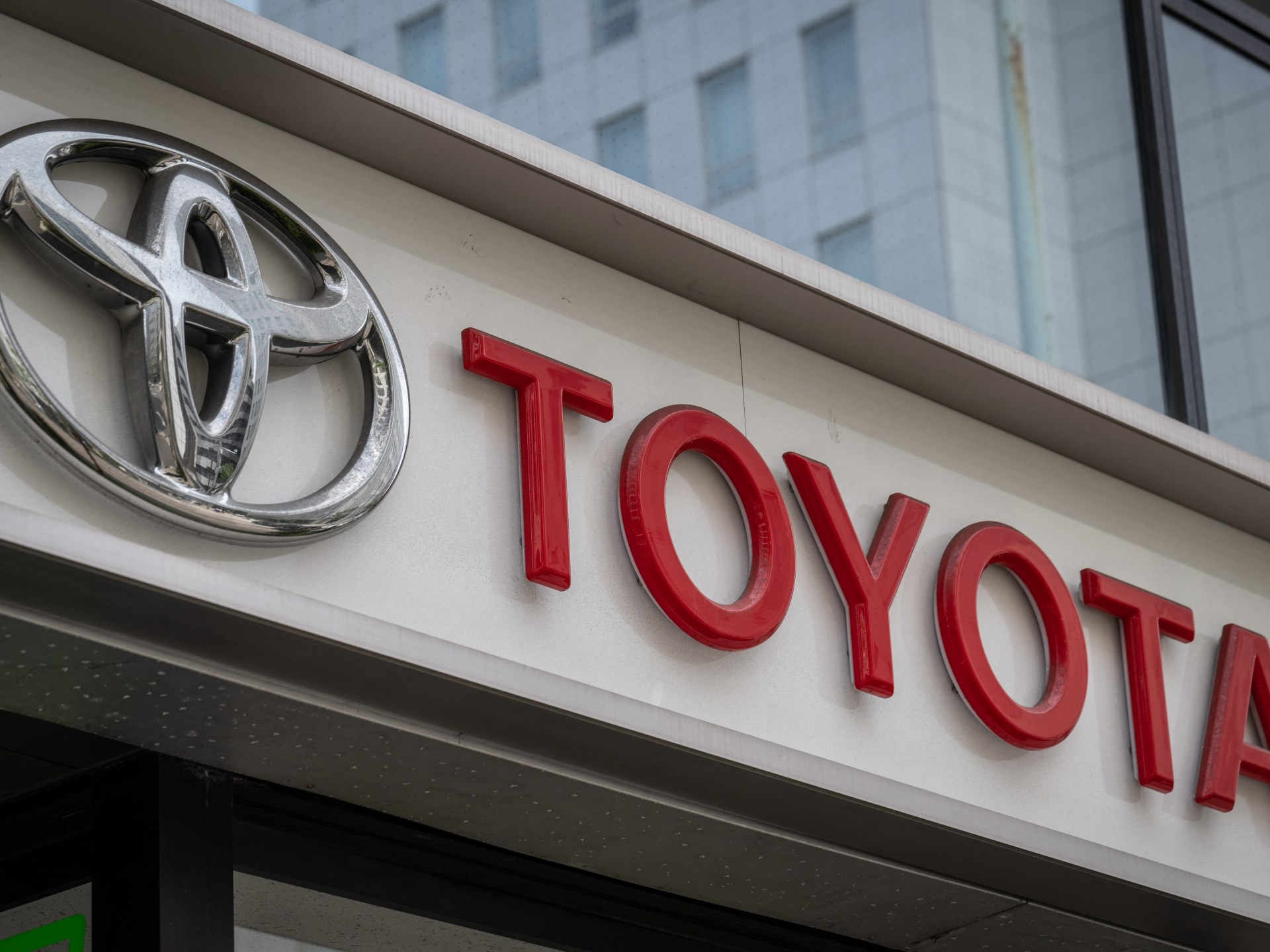Ruto’s moment of decision | Protests
In Kenyan political mythology, 1982 was the year it all went wrong. In that year, a failed military coup transformed the previously genteel ruler Daniel arap Moi into a brutal and kleptocratic dictator who would spend the next two decades making life miserable for his countrymen. His successor, Mwai Kibaki, was also supposedly a gentle soul until he faced his own come-to-Judas-moment when divisions in his government saw his regime lose a 2005 referendum on adopting a new constitution. He responded by sweeping out the rebels in his cabinet and, two years later, stealing the election and almost destroying the country.
Like all good myths, these have grains of truth. It is true that Moi became much more brutal and dictatorial after the attempted coup – two years after, he commanded Kenyans to “sing like parrots … the song I sing. If I put a full stop, you should put a full stop.” But he was a tyrant well before the coup. For example, in the weeks before it happened, he had changed the Constitution to make Kenya a de jure single-party state, and detained without trial political opponents and university lecturers for criticising his government.
It is the same with Kibaki, whose most violent instincts were expressed following the referendum loss. But way before that, in 2004 he had sent armed police to disrupt the national constitution convention debating a new constitution for the country and his regime was already trying to muzzle the press.
July 2024 may come to be mythologised as another inflexion point. Weeks of youth-led protests sparked by his administration’s punitive tax proposals have forced President William Ruto into a series of humiliating climbdowns. From the bravado and viciousness of his initial response, in the form of a bloody police crackdown that left at least 41 dead, dozens disappeared, and the army on the streets, Ruto has been forced to abandon the proposals, then announce a series of cuts to spending – including scrapping funding to his and his deputy’s wives, and, most recently, to fire almost his entire cabinet.
The next few weeks may determine whether this goes down as the moment he turned into a dictator, when he decided that ruling through consent was too difficult and dangerous a path and opted for coercion. The selection of his cabinet will probably be the clearest indicator of what he has decided. Whether the murder and disappearance of youth activists ends and police are held to account is another.
However he swings, it is plain that he does not enjoy the same room to manoeuvre enjoyed by his predecessors. And that is due to some epic karmic retribution. In 2010, five years after Kibaki’s bastardised version was rejected, Kenya held a second referendum on a popularly crafted constitution. At the time, Ruto led the doomed opposition to its adoption, claiming it would entrench an imperial presidency.
It hasn’t exactly turned out that way. Since its implementation started in earnest in 2013, the Constitution had radically transformed the Kenyan political space, constrained the presidency and, importantly, breathed new life into previously decrepit institutions like the judiciary. It was thanks to the Constitution that the Supreme Court, in 2017, historically annulled the dubious re-election of Ruto’s predecessor and running mate, Uhuru Kenyatta. Kenyatta still forced his way into office following a campaign of intimidation against the judges and a highly suspect repeat election boycotted by his main rival, Raila Odinga. However, the Constitution was not through with him as Kenyans used the sovereignty and rights it guaranteed them to make his life so miserable that he resorted to a “Handshake” – a political detente with Raila that left Ruto out in the cold.
It was the Constitution that laid the path in 2022 for Ruto’s victorious ascent to the presidency in the face of attempts by the Kenyatta regime to steal the poll for Raila. And today it is the same constitution that has empowered the youth to take to the streets to demand his ouster.
Thus whether Ruto decides this is the moment we all “sing his song”, as his mentor, Moi, once blithely described his dictatorship, may eventually not matter much. The real question may be whether Kenyans would be willing to sing along. And the evidence suggests that would be unlikely.
The views expressed in this article are the author’s own and do not necessarily reflect Al Jazeera’s editorial stance.
Check out our Latest News and Follow us at Facebook
Original Source







